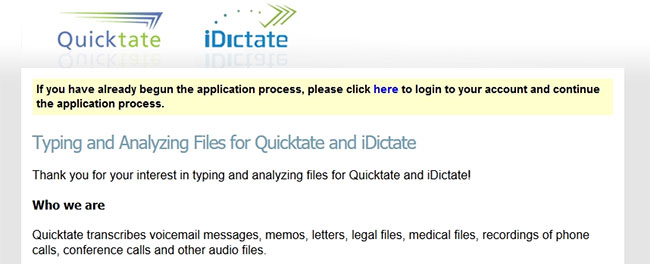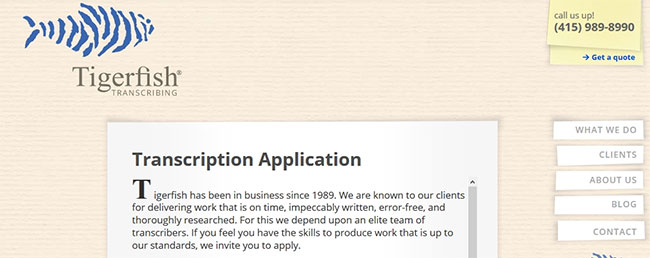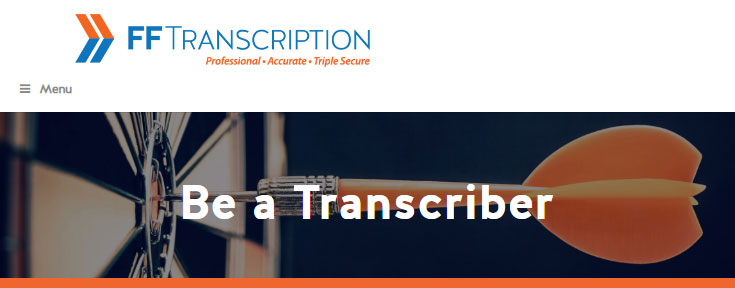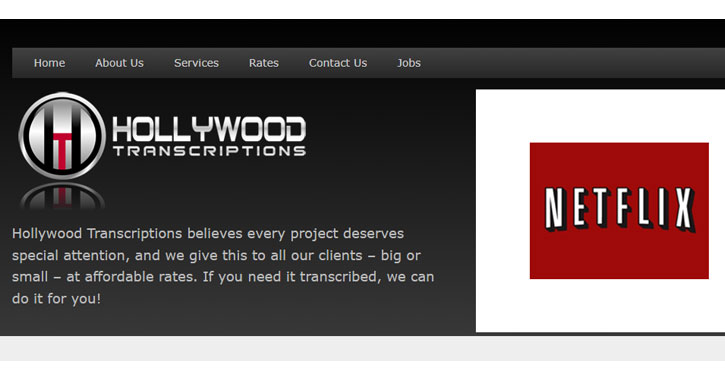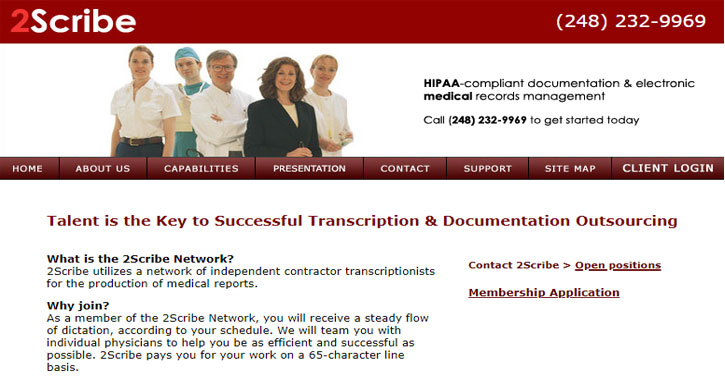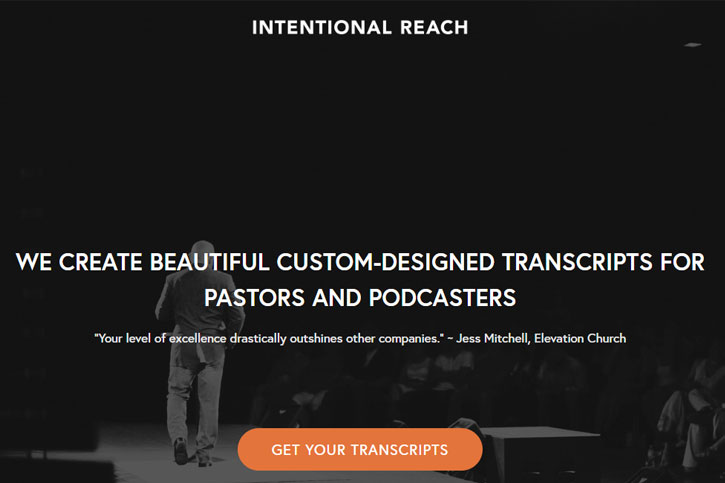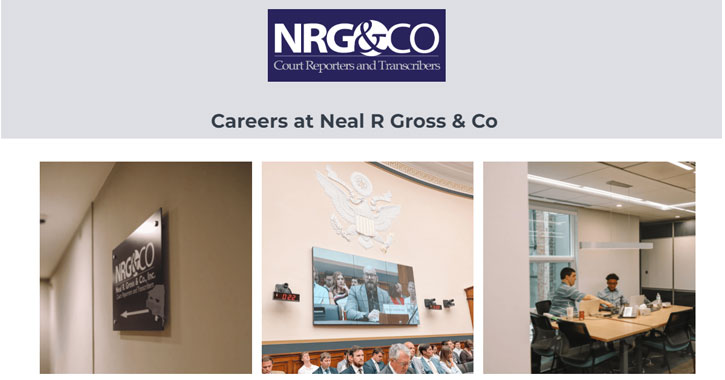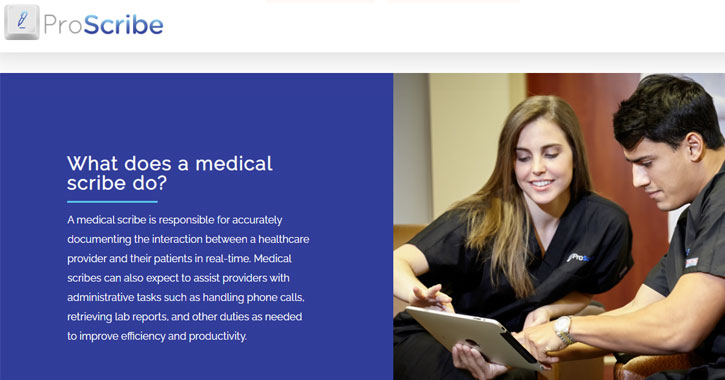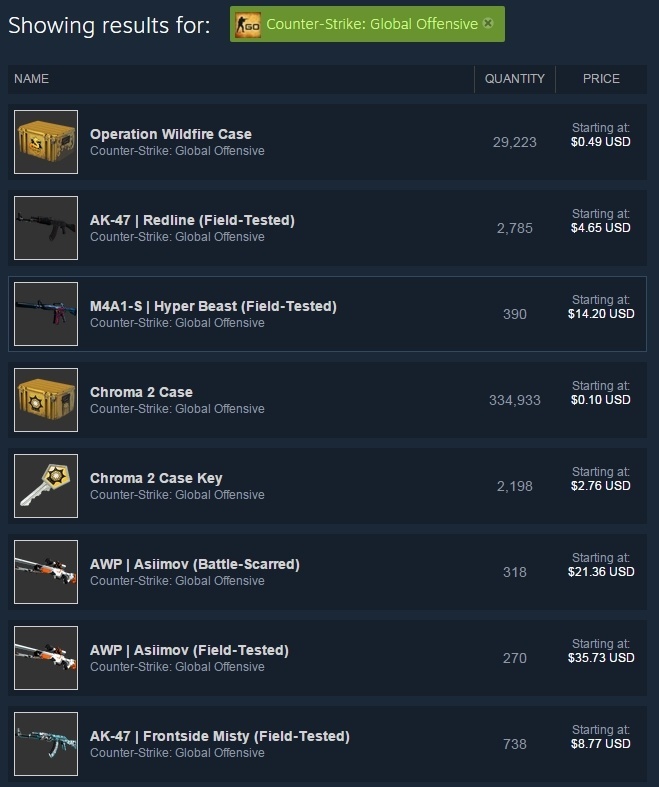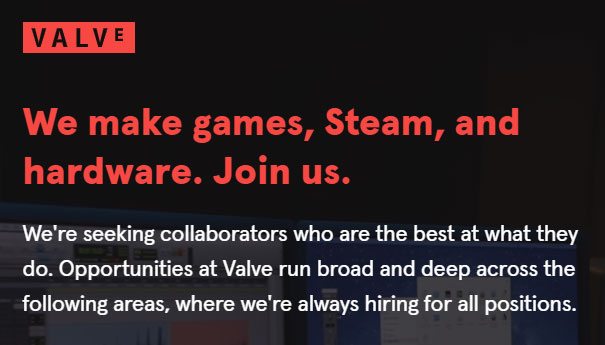Ever sat down on the couch (or lay down in bed, who are we kidding?) for a Netflix binge and wondered how those captions got there?
Nope, not magic. It’s someone’s job.
Traditional TV might be on the decline, but as streaming services and digital video content grow, closed captioning jobs will continue to be in demand in the foreseeable future.
Today, you’ll learn what closed captioning is, its requirements, and where to look for closed captioning jobs you can do from home.
What is closed captioning?
In the broadcasting industry, closed captioning is the practice of placing text on television programs that are occurring either offline or in real-time.
With offline captioning, pre-recorded programs, like movies and series, have their dialog broken up by frames and fitted into so-called time codes. These time codes enable the captions to sync with the frame dialog.
With real-time captioning, captions must be typed quickly and appear within two seconds of the words being spoken.
As such, captioners must be more adept at listening to dialog and typing exactly what they hear.
Such work, because it is more challenging, is also paid a higher rate.
Subtitles vs. Closed captions
Closed captioning jobs are usually categorized under or lumped with transcription jobs.
In fact, closed captioning and subtitling are often used interchangeably.
Before I reveal closed captioning jobs from a number of legit companies, let me first clarify the distinction between closed captions and subtitles.

Subtitles are the exact words from the video’s dialogue in written form. They’re the written text of what characters, narrators, and other people participating in a particular video clip are saying. With subtitles, the transcriber assumes that a person reading the subtitle can hear the audio, but need help in following fast dialogue or understanding a foreign-language movie.
Closed Captions (CCs) also include all the dialogue word by word, just like subtitles. However, in closed captions, other supplemental parts are either described or written in text form.
With closed captions, the transcriber assumes the person reading the CCs cannot hear any part of the audio, which is why additional descriptions of the audio are needed.
These include background noise, coughing, a ringing phone, and other sounds heard on the audio. Even a character’s change in emotion or heavy breathing is detailed in closed captions, and sometimes even the background music.
Closed captions are typically used to accommodate an audience with hearing impairments, or if only a text format can describe the picture as a whole.
Real-time closed captioning is where you transcribe live videos or audio as it happens, more specifically around 2 to 3 seconds after the live version.
A good example of real-time closed captioning is how court cases and trials are officially documented.
Offline captioning is more relaxed because you don’t have to get it right seconds after you’ve heard the audio.
Requirements for Applying to Closed Captioning Jobs
If you’re trying to land a CART provider position, you’d have to be an experienced court reporter with extensive knowledge of CART (Communication Access Real-Time Translation) technology.
In the past, this position was exclusively office-based, but the internet has paved the way for doing this job remotely.
Generally, as a closed captioner, you must have:
- Typing and stenographic skills – You do need to type fast and be accustomed to the stenographic shorthand (since it is used for live captioning equipment).
- Listening skills – This is a must-have, particularly for live captioning since you only have a couple of seconds after the original audio was said to transcribe a text version.
- Flexibility – Conversations are never 100% grammatically correct, so you have to be open-minded enough to leave the text as is and NOT correct grammar as you type.

Equipment Requirements
In most cases, the company you work for will be providing software for closed captioning.
However, you do need to provide your own computer and reliable internet connection.
You may need an extra monitor (or TV), if your job requires you to watch live programs, read lips, or get another “look” while captioning.
It may help you to invest in a decent noise-canceling headset so you hear words more clearly and aren’t bothering your roommates or spouse with program noise.
A separate monitor helps too, enabling you to watch the action on-screen (and maybe even read lips, as needed).
It is rare to have work-from-home live captioning positions, but if you find one, you might need to buy your own steno equipment and other computer add-ons like voice silencer.
How Much do Captioners Make?
Glassdoor reports that the average base pay of a captioner is $14 per hour.
It’s important you know this as a beginner, so your expectations aren’t too high.
This rate gets better as your deliverable improves and you work more quickly.
25 Companies Hiring Closed Captioning Jobs
1. Aberdeen Broadcast Services
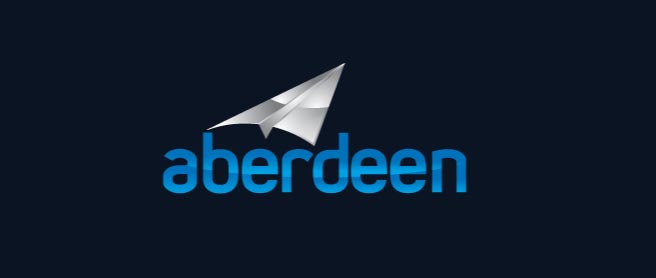
Aberdeen Broadcast Services provides closed captioning, transcoding and broadcast distribution, as well as translation, dubbing, and subtitling services.
Salary details are vague, but the starting salary used to range between $12 to $15 per hour for closed captioners.
2. Ai-Media
This company is a reputable captioning provider with services in transcription, audio description, and more. AI Media has its own online captioning tool, so you just need to log in and begin work.
If you’re lucky to get a slot, you can earn $27 to $42 per video hour as a closed captioner for AI Media.
3. 3PlayMedia
This company hires real-time closed captioners as independent contractors, plus English, and Spanish voice transcribers.
While they are located in Boston, they hire anyone willing to work remotely. You can even caption live streamed events from the comfort of your home.
4. Daily Transcription

Daily Transcription hires English transcriptionists, subtitlers/captioners, and bilingual Spanish transcriptionists.
They’re strict with its “Experienced Captioners Only” rule, so don’t try to submit an application if you’re a beginner.
Also, they only hire candidates from the US and Canada; they only consider candidates outside these countries for bilingual translations and transcriptions.
You must also be willing to sign a non-disclosure agreement before testing for the position.
If you get hired, you have total control of your work schedule.
Daily Transcription doesn’t guarantee hours or rates, but its top transcriptionists earn anywhere from $350 to $950 per week.
5. Rev

This freelance closed captioning business pays its remote workers by the video minute, with pay ranging from $0.50 to $0.75.
According to the Rev website, their captioner freelancers earn an average of $240/month, and some top earners make more than $1,500/month.
The rates per video minute seem low, but experienced closed captioners can definitely take advantage and take on more work, since Rev puts no limit on the projects you can accept.
6. RNK Productions
This company provides offline captioning of movies, videos, and other pre-recorded programming.
New hires are brought on as independent contractors.
RNK Productions closes its job hunt every now and then, but they always resume hiring contractors so better bookmark and check back later.
7. Talking Type Captions
This company offers closed/real-time captioning, scripting, and foreign subtitles for movies and other programming, including the programming provided through big-name channels such as A&E, Big Fish Entertainment, PBS, and The History Channel.
Basic and starting captioners make $8/hour (according to Glassdoor).
To apply, you’ll need to send them an email as they don’t have a careers page available.
8. Vanan Captioning

You’ll need to fill out a form when sending your application, then wait for someone to contact you.
There’s no information about rates, but you’re guaranteed a legitimate position since Vanan Captioning has been offering voiceover, translation, transcription, subtitling, and closed captioning services since 2011.
9. VITAC
This company offers captioning services for well-known clients such as Discovery Channel, TLC, Animal Planet, Lifetime, and BBC America.
Because of its clientele, Vitac requires its offline captioners to have a bachelor’s degree and real-time captioners to possess a typing speed of 225 WPM.
The company offers a one-week paid training program that must be completed on-site at its Pennsylvania location.
In 2017, VITAC acquired Caption Colorado (a well-known closed captioning service provider), which used to pay freelancers around $11.25 to $30.00 per hour “based on speed and accuracy,” plus 401(k) plans, medical/dental/vision/life/disability insurance and health savings accounts for office-based, full-time employees.
If there are no openings for closed captioning jobs, you can click on “Join Our Talent Community” on their third-party recruitment page and submit your name, email, and mobile number so they can contact you back for openings.
10. Caption Media Group
Caption Media Group provides offline closed captions for TV shows, movies, videos, and other pre-programmed recordings.
They occasionally have openings for US-based closed captioners who have a minimum of 2 years of experience.
The openings are not always listed on their website, but you can search this company on job boards like Indeed or ZipRecruiter for closed captioning jobs.
11. CaptioningStar

Aside from closed captioning, they also offer embedded captioning, live captioning, broadcast captioning, and many more.
This company is currently hiring freelance captioners who have at least one year of experience.
Click “Apply Now” on their Careers page to submit your information and résumé.
12. Iyuno-SDI Group
Iyuno-SDI Group was formed in 2021 after SDI Media was acquired by Iyuno Media Group.
Today, it is the world’s leading localization provider of dubbing and subtitling services through the largest network of self-owned and operated studios in the industry.
They have plenty of subtitling and captioning job opportunities worldwide.
13. National Capitol Contracting
National Capitol Contracting (NCC) specializes in high-quality, specialized communications and information products and services to companies in the public and private sectors and has been providing real-time remote captioning for almost two decades.
They currently don’t have openings for captioners listed on their Careers page, but you can submit your details and your résumé for future consideration.
14. Happy Scribe

Happy Scribe offers transcription and captioning services both via AI and human workers.
AI-produced transcripts and captions are to be proofread by the client using the company’s in-house tool, while human-produced transcripts are already “clean” and formatted correctly.
They’re currently looking for freelance transcribers and subtitlers. Submit your application, take the skill test, and wait for them to reach out to you.
15. CrowdSurf
CrowdSurf is consistently hiring new transcribers and closed captioners to turn audio into text and make online media more accessible for Deaf and hard-of-hearing individuals. You get paid per task, and so the more you work, the more you earn.
To get started, you’d need to register with Work Market to take an assessment. When you’ve passed the assessment, you’ll be registered on the CrowdSurfWork platform, where you’ll post your work.
16. Capital Captions
Capital Captions is a UK-based subtitling company offering its services for broadcast, web, social media, and video on demand (VoD).
They are currently recruiting professional, experienced individuals to work as freelance transcriptionists, subtitlers, and closed captioners.
To be qualified for closed captioning jobs, you need to have at least two years of subtitling experience, a typing speed of at least 65 wpm, and access to subtitle creation software.
17. Sorenson’s CaptionCall
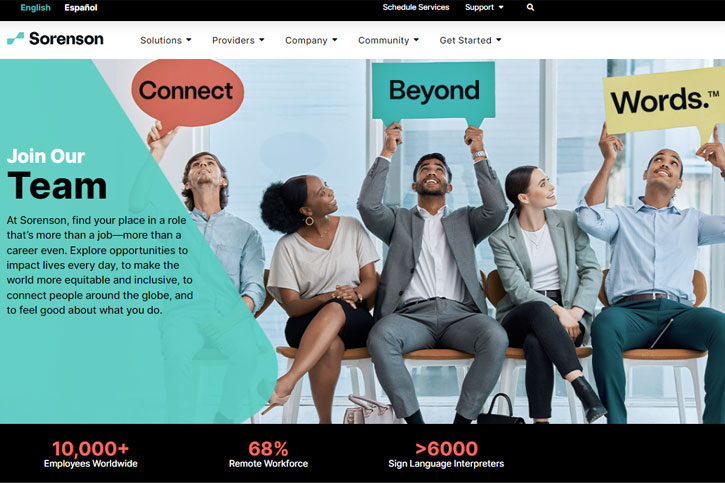
CaptionCall phones are optimized for individuals with hearing loss who need to read text to follow a conversation. The unit displays the text being spoken through voice-to-text technology, assisted by captioning agents.
They are currently looking to hire English-speaking and Spanish-speaking captioning agents to transcribe telephone conversations such that a person who is Deaf or hard of hearing can read what their caller is saying.
You can work in one of their 11 call centers or remotely.
18. Dallas Captioning, LLC
Despite the seemingly dated website, Dallas Captioning has been trusted since 2008 for providing English and Spanish captions for local news, sports events, religious programs, and many more.
To apply, email your résumé to lisa[at]dallascaptioning[dot]com.
19. Way With Words
Way With Words offers audio and video transcription, video captioning, polishing AI-produced transcripts, and speech capture and transcription for machine learning.
Their captioning process starts with transcription and then their patented captioning technology synchronizes the text with the video.
To apply as a freelance or full-time transcriber from home, register on their separate Jobs website. You can earn between $0.45 to $1.73 per audio minute based on project turnaround time.
20. Access Resource
Access Resource provides captioning and CART services in educational, sporting, medical, and business settings, as well as conferences, community events, and personal gatherings and celebrations.
To apply for a closed captioning job, fill out their contact form with your information, credentials, and experience. You’ll be contacted back when you’re eligible for a position.
21. spf.io
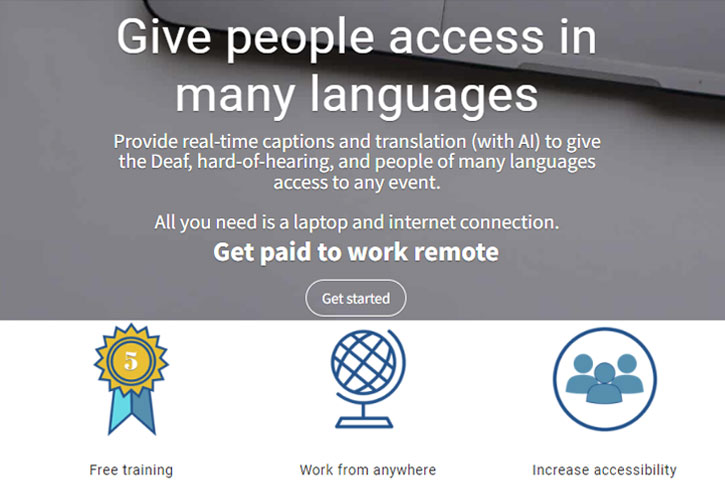
spf.io is an all-in-one translation and accessibility software that enables video content and events to be accessible to the Deaf, hard of hearing, and multilingual people.
Sign up for their training and certification program so you can operate spf.io remotely on your own laptop from anywhere. When you’re certified, submit your W-9 and payment information and start getting notified of job opportunities.
22. Verbit
Apply to become a transcriber, textualize the world’s audio, and help Verbit make the world more accessible and inclusive.
As a Verbit transcriber, you can work from anywhere at your convenience.
Aside from working on AI-generated drafts, you will also have the opportunity to meet fellow transcribers worldwide and receive constant guidance and support.
Note that although Verbit offers remote transcribing roles, you do need to be located in the US to work with the company.
23. Hollywood Transcriptions
The company is continuously looking for transcribers and closed-captioners.
If you type at least 65 wpm, have a digital food pedal and transcription software installed on your own equipment, fill out this form to apply to Hollywood Transcriptions.
24. CaptionLabs
There are several captioning positions available at CaptionLabs on a regular basis.
To apply, send your resume, cover letter and contact information to jobs@captionlabs.com.
Most of these jobs are home-based. CaptionLabs even has positions for Spanish-speaking freelancers.
25. TransPerfect

TransPerfect has in-house positions and freelance roles, which is perfect if you’re looking for closed captioning jobs you can do from home.
The company has a wide range of roles beyond closed captioning as well.
Closed Captioning Job Outlook
The National Court Reporters Association estimates that there will be 5,000 new captioning jobs in the next 5 years.
And since there has been a shortage of experienced closed captioners both online and offline since 2018, you can take advantage of this shortfall and master captioning skills.
It may not start as a high-paying work-from-home job, but the potential for higher income and better career options continues to be optimistic.
However, if you don’t have that much experience, try looking for legitimate home-based data entry jobs or transcription jobs.
These jobs should give you some experience and familiarity with the technology and systems used for captioning.







